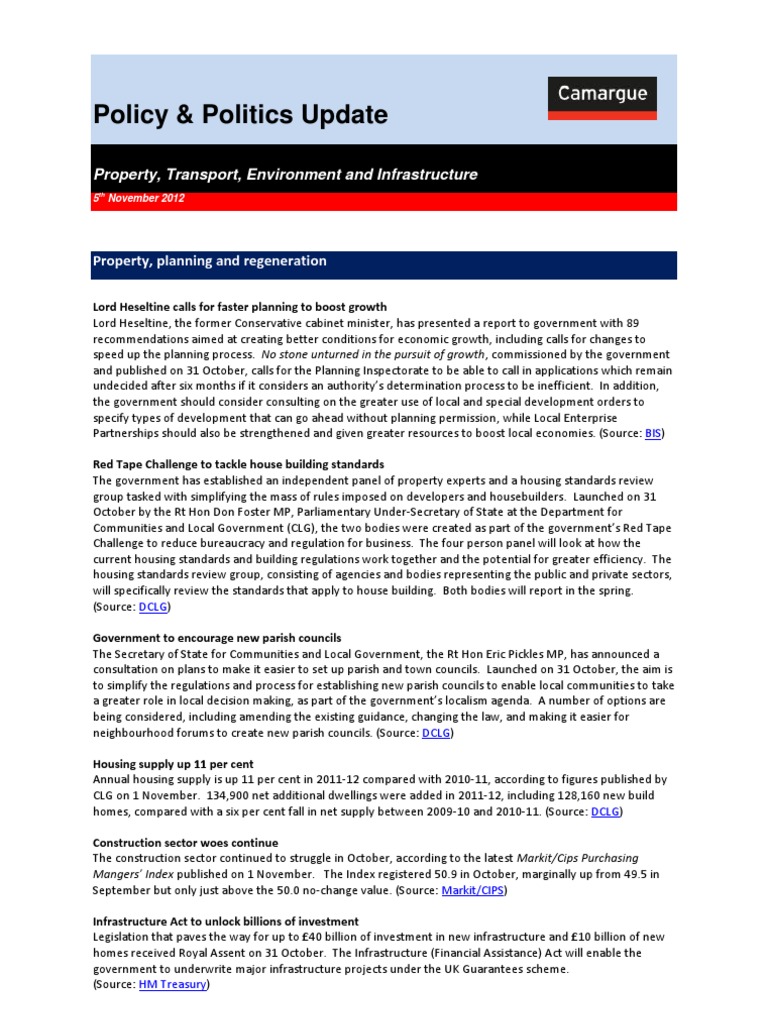The Importance Of Mental Health Literacy Education In Schools And Communities

Table of Contents
Reducing Stigma Surrounding Mental Health
Mental health stigma is a significant barrier to seeking help. Mental health literacy education can effectively challenge the myths and misconceptions that perpetuate this stigma. By providing accurate information and fostering understanding, we can create a culture of empathy and support. Effective stigma reduction strategies include:
-
Peer-to-peer support programs: These programs empower students to share their experiences and support each other, fostering a sense of community and reducing isolation. They provide a safe space for vulnerable youth to express their feelings and learn from one another.
-
Educational campaigns using relatable stories and examples: Campaigns featuring real-life accounts of individuals overcoming mental health challenges can humanize mental illness and break down stereotypes. Using age-appropriate and relatable examples within school settings is crucial for engagement and understanding.
-
Integration of mental health into existing school curricula: Including age-appropriate mental health education within existing subjects, like health class or social studies, normalizes conversations about mental wellness and ensures consistent messaging. This approach helps students understand the importance of mental health as part of overall wellness, rather than as an isolated topic.
Reducing stigma has a profound long-term impact on help-seeking behavior. When young people feel comfortable talking about their mental health without fear of judgment, they are more likely to seek help when they need it, leading to earlier intervention and better outcomes.
Equipping Students and Community Members with Essential Knowledge and Skills
Mental health literacy education should equip individuals with the knowledge and skills to navigate mental health challenges effectively. This includes:
-
Recognizing the signs and symptoms of common mental health conditions: Students and community members should be able to identify the symptoms of anxiety, depression, and other common mental health conditions in themselves and others.
-
Understanding risk factors and protective factors for mental health: Education should cover factors that increase the risk of mental health problems, as well as factors that promote resilience and well-being.
-
Knowing how to access mental health resources and support services: Providing students with a clear understanding of where to find help, including hotlines, online resources, and local mental health providers, is crucial.
-
Developing coping mechanisms and stress management techniques: Equipping individuals with practical skills for managing stress, anxiety, and other challenges is essential for promoting mental well-being. This could include mindfulness exercises, relaxation techniques, or problem-solving strategies.
Early identification and intervention are crucial for improving outcomes for individuals facing mental health challenges. By providing education and resources, we can empower individuals to seek help early and prevent problems from escalating.
Fostering a Supportive and Inclusive School and Community Environment
A supportive and inclusive environment is essential for promoting mental health. Schools and communities should actively create safe spaces where individuals feel comfortable discussing their mental health without fear of judgment. Strategies include:
-
Teacher training on mental health awareness: Equipping educators with the knowledge and skills to recognize and respond to students' mental health needs is crucial.
-
Creating safe spaces for students to talk about their feelings: Establishing designated areas or programs where students can openly share their emotions and concerns creates a welcoming and safe environment.
-
Integrating mental health into school policies and procedures: Schools should develop clear policies and procedures for addressing mental health concerns, ensuring a consistent and supportive approach.
Parents and community members play a vital role in supporting mental health literacy initiatives. By engaging parents and the broader community, we can create a cohesive network of support that extends beyond the school setting.
The Role of Educators and Community Leaders in Mental Health Literacy
Educators and community leaders are key to implementing and promoting effective mental health literacy programs. Ongoing professional development and training are essential to equip educators with the latest knowledge and skills in mental health. Collaboration between schools, community organizations, and healthcare providers is vital to deliver comprehensive mental health literacy education. This collaborative approach ensures a holistic approach to mental health support, reaching individuals in various settings. Effective partnerships leverage the strengths of different organizations and facilitate comprehensive care.
Conclusion: The Power of Mental Health Literacy Education
Mental health literacy education is a powerful tool for improving the mental health and well-being of our youth and communities. By reducing stigma, improving knowledge and skills, fostering supportive environments, and promoting early intervention, we can create a more resilient and healthier future. A holistic approach involving schools, communities, educators, and families is essential. Invest in mental health literacy education today and help build a healthier, more supportive future for our youth and communities. Learn more about effective mental health literacy programs and get involved! [Link to relevant resource]

Featured Posts
-
 Mini Camera Chaveiro Funcoes Precos E Melhores Lojas
May 02, 2025
Mini Camera Chaveiro Funcoes Precos E Melhores Lojas
May 02, 2025 -
 The Photoshop Controversy Christina Aguileras Altered Image In Recent Shoot
May 02, 2025
The Photoshop Controversy Christina Aguileras Altered Image In Recent Shoot
May 02, 2025 -
 Tuerkiye Ile Endonezya Nin Ekonomik Ve Siyasi Is Birligi Anlasmalari
May 02, 2025
Tuerkiye Ile Endonezya Nin Ekonomik Ve Siyasi Is Birligi Anlasmalari
May 02, 2025 -
 Kort Geding Kampen Vs Enexis Weigering Stroomnetaansluiting
May 02, 2025
Kort Geding Kampen Vs Enexis Weigering Stroomnetaansluiting
May 02, 2025 -
 Edinburgh Fringe 2025 Pussy Riots Maria Alyokhina To Stage New Play
May 02, 2025
Edinburgh Fringe 2025 Pussy Riots Maria Alyokhina To Stage New Play
May 02, 2025
Latest Posts
-
 Guido Fawkes Take On The New Direction Of Energy Policy Reform
May 03, 2025
Guido Fawkes Take On The New Direction Of Energy Policy Reform
May 03, 2025 -
 Revised Energy Policies Analysis From Guido Fawkes
May 03, 2025
Revised Energy Policies Analysis From Guido Fawkes
May 03, 2025 -
 Energy Policy Overhaul Guido Fawkes On The Revised Direction
May 03, 2025
Energy Policy Overhaul Guido Fawkes On The Revised Direction
May 03, 2025 -
 Guido Fawkes Energy Policy Reform A Shift In Direction
May 03, 2025
Guido Fawkes Energy Policy Reform A Shift In Direction
May 03, 2025 -
 Will Reform Uks Policies Benefit Uk Farmers An In Depth Look
May 03, 2025
Will Reform Uks Policies Benefit Uk Farmers An In Depth Look
May 03, 2025
